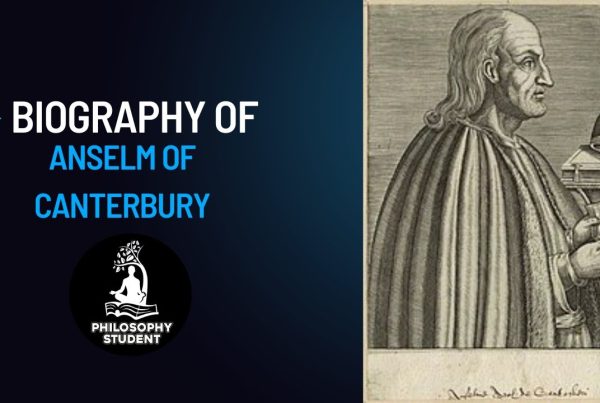As originally developed by Edmund Husserl (1859–1938), phenomenology seeks to provide a detailed description of the way in which things are presented to us—that is to say, phenomena —in an attempt to uncover the fundamental structure of consciousness and our relationship to the world. This involves both a phenomenological description of the object as it is presented (the noematic analysis) and a phenomenological description of the cognitive activity performed to allow the object to be presented (the noetic analysis). By seeing which features of these descriptions are necessary to the phenomena, we can thereby uncover its essence (oreidos). Crucial to the phenomenological method is a suspension (or epoché) of our natural attitudes and presuppositions about the origin or causal explanation of our experiences, which in turn allows them to become the subject of phenomenological analysis.
Modeled on René Descartes’ (1596-1650) method of doubt, the modern phenomenological analysis shows how our fundamental scientific concepts are based on, and thus presuppose, the phenomenological structure of a pre-scientific form of existence (the Lebenswelt). While the motivation of Husserl’s work was predominately epistemological, the phenomenological method has been extended to broadly ontological issues by the Existentialists and provides the basis for Martin Heidegger’s (1889-1976) early work.




































